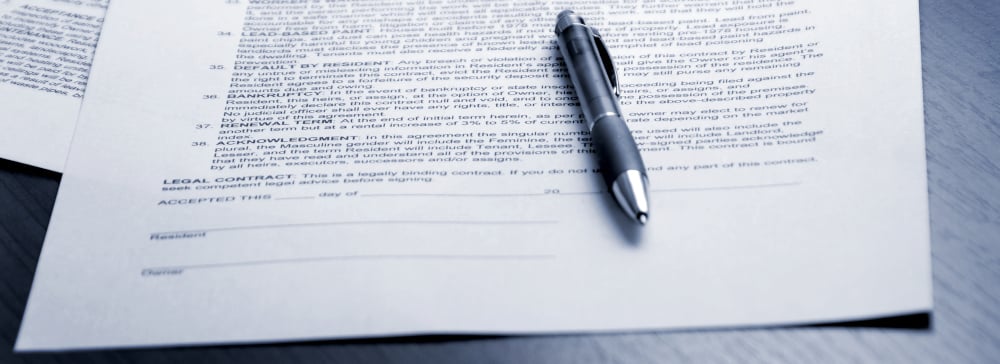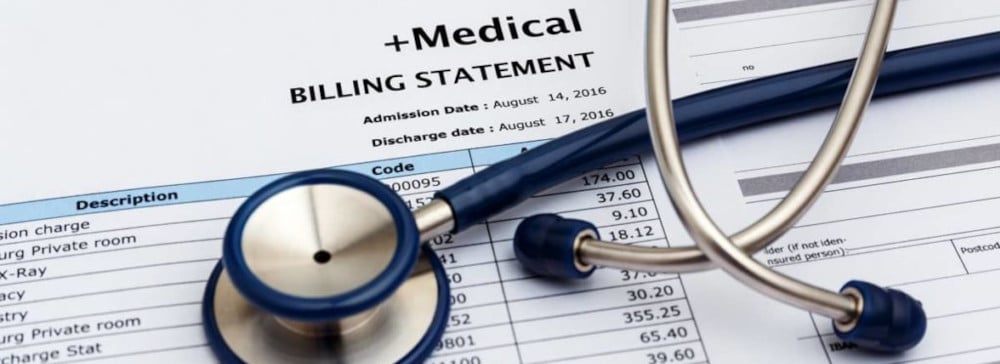Table of Contents
When you are injured or diagnosed with an illness, you trust that your doctor, hospital, or other healthcare provider will not cause you to experience a preventable injury. Unfortunately, far too many patients suffer from life-changing injuries due to mistakes made by healthcare practitioners.
The Boynton Beach medical malpractice lawyers at Kogan & DiSalvo can hold the healthcare providers responsible for your injuries liable. We understand the financial, emotional, and other life-changing impacts medical malpractice can have, and we’ll fight for you to receive the compensation you deserve.

The injured patient must prove that they were owed a duty of care by the defendant and that it was breached. They must prove that the doctor, hospital, or other healthcare provider was negligent which resulted in direct harm to the patient.
To win a medical malpractice lawsuit, the plaintiff must show that the standard of care was breached, they were harmed by the medical professional, and are entitled to damages, or compensation.
If your doctor made a minor error but you were not harmed, you do not have grounds for a medical malpractice lawsuit.

The most common types of medical malpractice include:
However, a misdiagnosis only qualifies as medical malpractice if the physician performs at a sub-standard level of competency compared to other doctors of the same training level. The negligent physician effectively missed signs and symptoms that more capable doctors would recognize.
Keep in mind that a medical malpractice case has a causal basis. For instance, a patient may have a case if their doctor misdiagnosed their condition. If there are extenuating circumstances, such as the patient ignoring their symptoms for a long time before seeking medical attention, the misdiagnosis may not be considered a causal factor if the condition was too far gone for treatment by the time the patient sought medical help.

Medical malpractice is a form of negligence, which is when someone acts with carelessness toward somebody else. The law demands that the medical practitioner use the care that a competent medical professional would use treating the same condition. If that does not happen, it is a breach of the law.
The medical malpractice lawyer in Boynton Beach will explore how and why the medical mistake caused the injury, and if the injury was foreseeable. The lawyer will also pursue compensation for the victim’s additional medical care and other damages, be they for expenses incurred or for compensating emotional, physical, and mental consequences.

In Florida, the statute of limitations for filing a medical malpractice claim is generally two years from the date the alleged medical malpractice took place or from the date of its discovery. Because valuable evidence may vanish and the memories of witnesses may fade, it is essential to hire legal counsel as soon as possible.
Before filing a medical malpractice claim, your attorney must obtain an affidavit from a medical professional stating that your injury or illness involved a medical error. The attorney then notifies the healthcare provider that they are filing litigation in the matter. Defendants must respond to the notice within 90 days.
Medical malpractice cases are less likely to be settled than other types of personal injury cases. If a settlement has not been negotiated once the 90-day period ends, the plaintiff and their lawyer have the right to file the medical malpractice lawsuit.

Potential damages in a medical malpractice case include economic and non-economic damages. Proving the former is relatively straightforward, as there are numbers available. The latter is more subjective, and that affects damage awards.
Economic malpractice damages include:
There is no cap in Florida for economic damages.
Non-economic malpractice damages include:
Under Florida law, non-economic damages are capped at $500,000 under most circumstances. If the malpractice involved the patient’s death, resulting in a wrongful death lawsuit, or remaining in a permanent vegetative state, the cap increases to $1 million.

Calculating the damages in medical malpractice cases depends on various factors, and each case is unique.
Major factors include:
One common way to calculate non-economic damages is by taking the economic damages and multiplying them between 2 and 5. A patient whose economic damages are relatively low and may be able to work again will not receive the same non-economic damages as the patient who can no longer support themselves because of their injury.

If you or a loved one were injured due to the negligence of medical personnel, you need the services of a Boynton Beach personal injury lawyer at Kogan & DiSalvo. Schedule a free, no-obligation consultation today. We serve all of Palm Beach County. We will examine your case, advise you of all your legal options, and discuss with you the best steps going forward.
If you are injured and unable to come to us,
our attorney will come to you - there is no charge for us to do so.